They can walk and speak for themselves but are they finally prepared to enrol in school?
When your child has passed the three-year mark, it’s time to consider when you’ll put them in school. But, there’s more to preschool readiness than one might think.
Knowing when your child is ready is crucial to their long term development. According to the American Academy of Pediatrics, children who enter school academically prepared are expected to excel.
Parents sometimes overlook the importance of ensuring school readiness. This leads to a bad domino effect on your child that could last a lifetime. Look out for these five signs of preschool readiness to ensure a healthy school life for your child!
Signs Of Preschool Readiness
1. Sensory Development
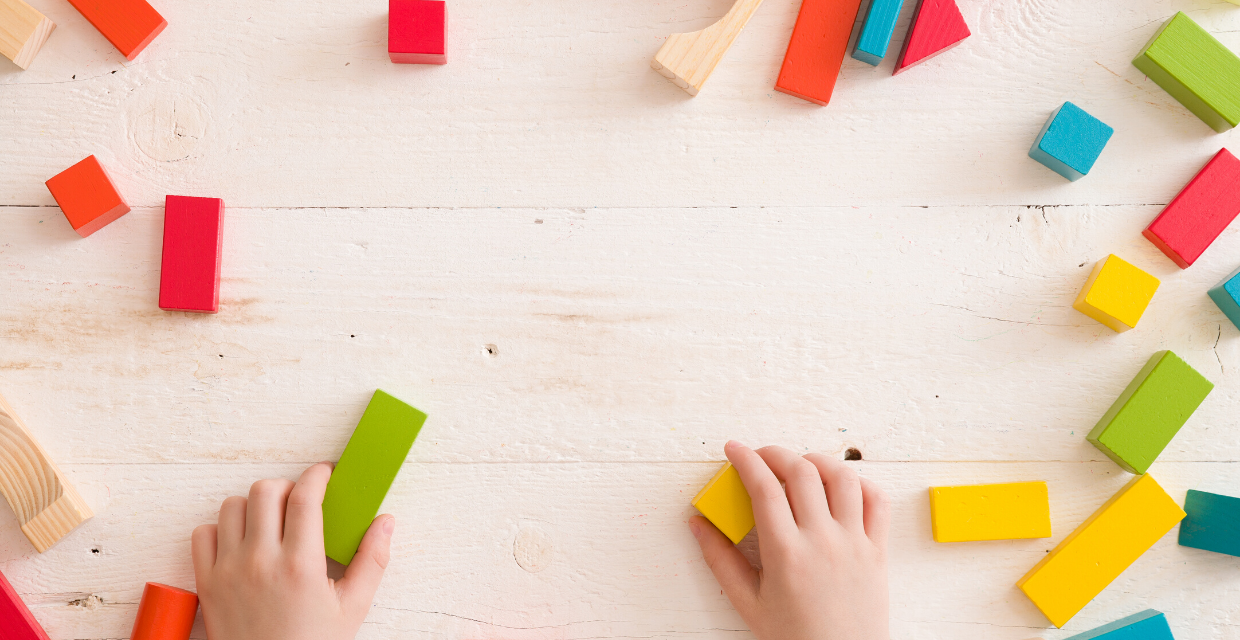
One of the key indicators of preschool readiness is sensory development. This refers to their growing awareness through the five senses: sight, taste, hearing, touch, and smell. Sensory development is associated with how well the large muscles are coordinated such as their leg, arms, and trunks, as well as their small muscles like the hands.
Here are some examples of sensory development:
- Able to take turns
- Pays attention for about three minutes
- Can tell five to six parts of a doll
- Better at playing with building blocks and puzzles
- Improved control on a pencil using fingers
- Improved gross motor skills such as running, kicking, standing on one foot, and jumping in place
2. Social, Emotional, And Behavioural Development
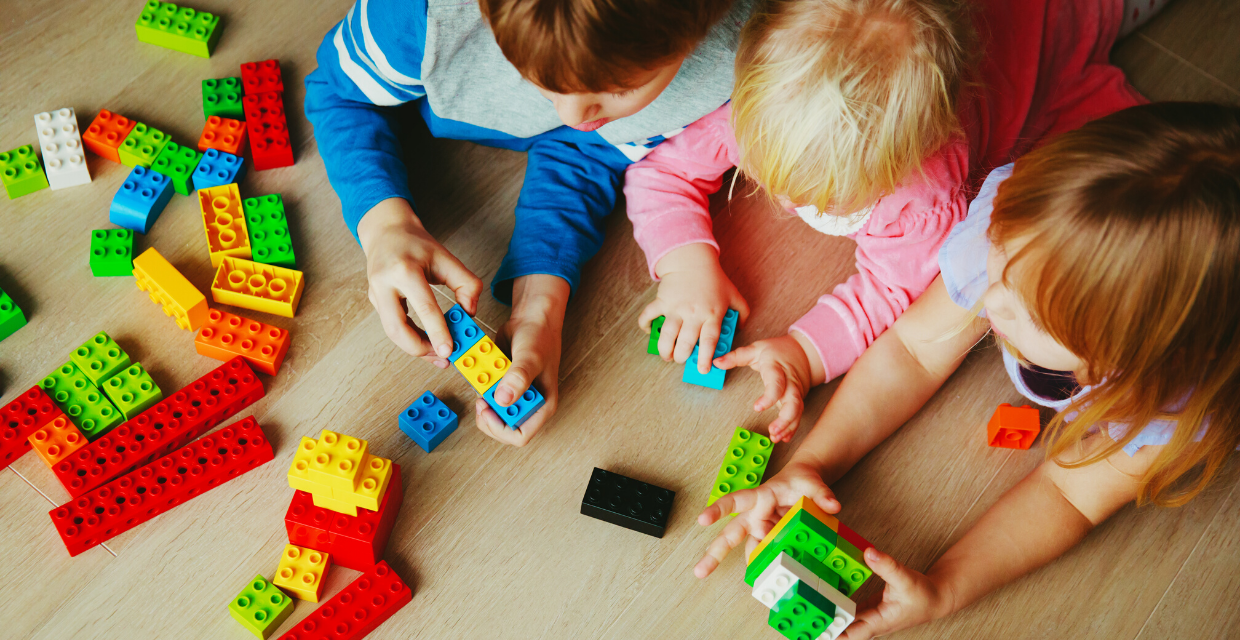
A school is one of the most social environments your child will be in most of their life. To enjoy the full experience of school, they would have to start on the right foot. Otherwise, things would only turn out for the worst.
Look out for these examples:
- Can play independently such as playing alone with their toys or role-playing by themselves
- Shares toys with others
- Recognises the emotions of others
- Wants to make friends outside of the family
- Expresses emotions, requests, and needs
3. Language, Art, And Math Skills
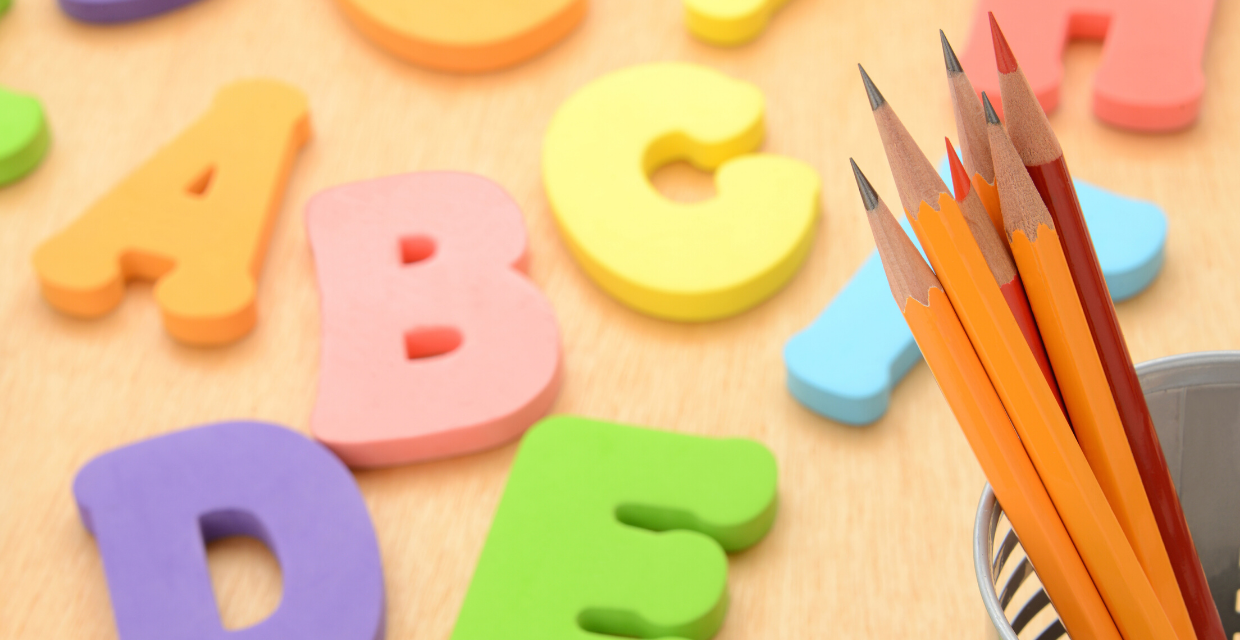
These skills are the technical side of development. Below are some of the key skills that your child needs:
- Recognise colours and shapes
- Ability to count to at least five
- Recite the alphabet
- Understand categories such as toys, clothes, and food
- Speak clearly and easily understand
- Can draw with crayons and pencils
4. Independence
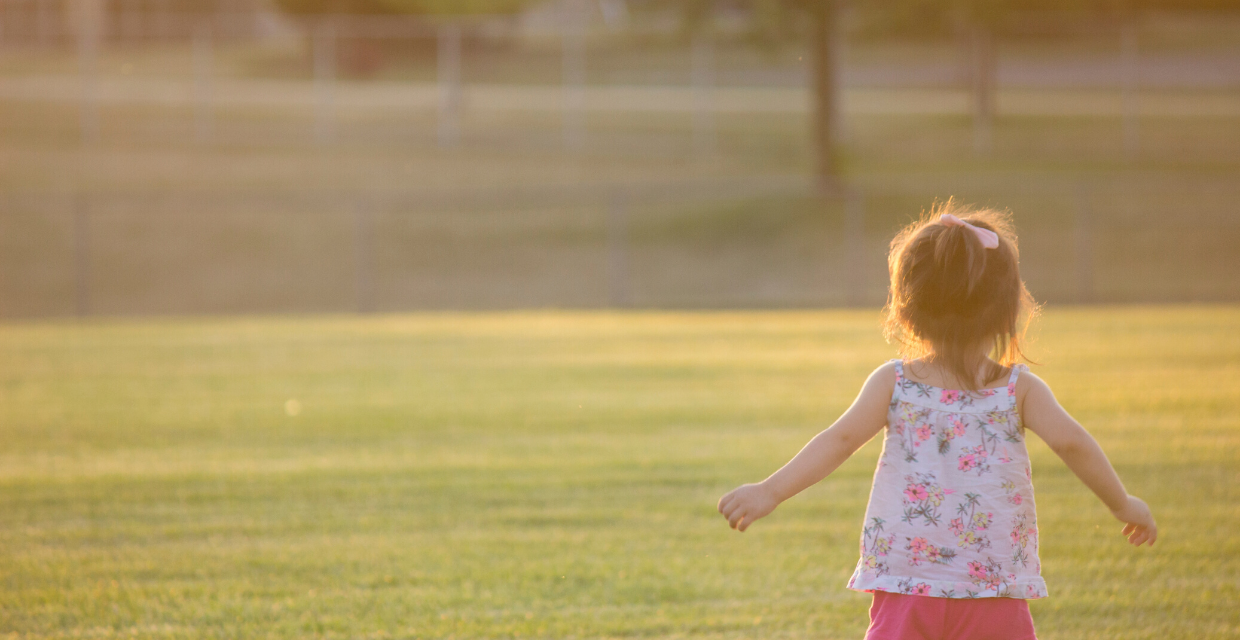
Of course, you can’t be at school with your kids. You’re expected to take them there and pick them up to go home, but never during class. Thus, your kids must exhibit independence before entering preschool.
Kids show independence by doing the following:
- Feeding themselves
- Navigating their way through space such as finding their classroom
- Can be separated from you for hours
- Listen and follow instructions
- Get dressed on their own
5. Potty-Trained

Although some preschools don’t require children to be potty-trained, it is still a good indication of preschool readiness. It shows independence and development in various areas.
Many toddlers exhibit signs of being ready for potty training around the ages of 18 and 24 months, but some don’t until they’re three years old. Regardless, there is no rush when it comes to this. It is normal and is still supported should your child still need help with washing up.
How To Help Your Child Be Preschool Ready
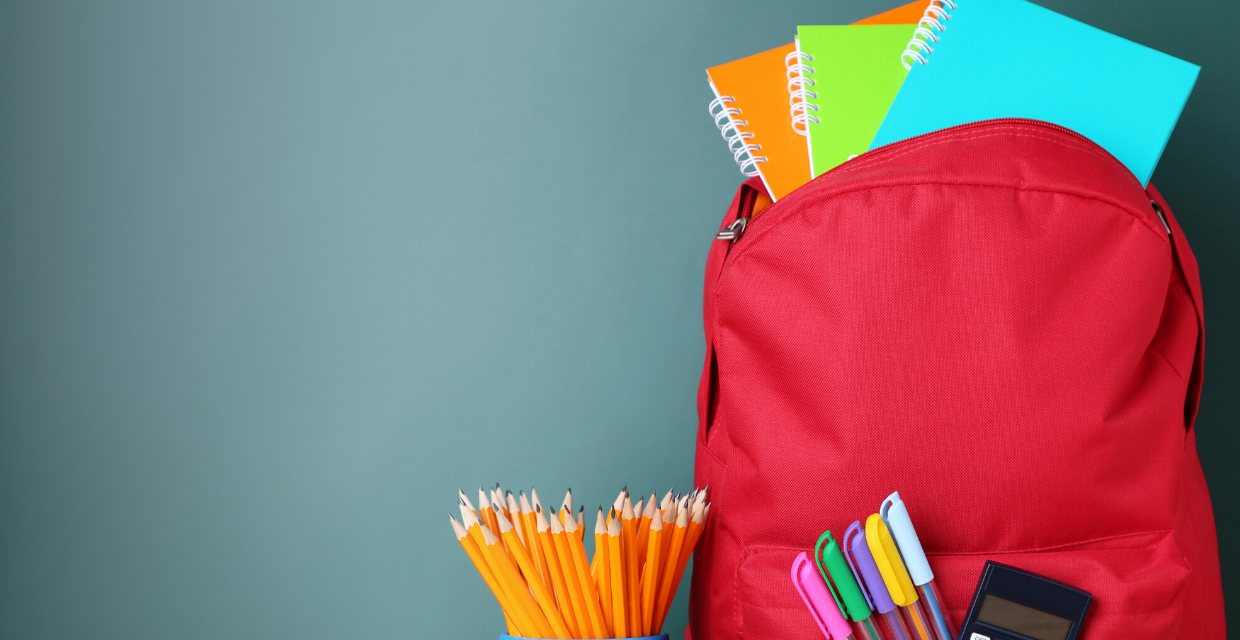
Everything that a child experiences are educational which bear huge impacts on their development. Be their guide and role model, especially during their formative years.
Here are some ways you can help your child be preschool ready:
- Encourage them to write their name
- Read to them every day and talk about it
- Help them recognise basic colours and shapes by pointing out daily items
- Let them play with simple puzzles
- Take them out to the park, zoo, or the pet shop and talk about the sounds and sights
- Encourage them to share with others
- Give physical reassurances to your child every day such as kissing and hugging
- Let them dress themselves
- Explore vocabulary through singing, songs, and chants
In A Nutshell…
Preschool readiness isn’t something that happens overnight. Their formative years occur the moment they are born so it’s important for you to be a good influence on them during that period.
There are many signs of preschool readiness you can watch out for and it’s your responsibility to flourish these skills with them. Remember that it is not a race. Set a conducive environment for your child and the rest will follow!
How was your child’s transition to school? Share it with us!






